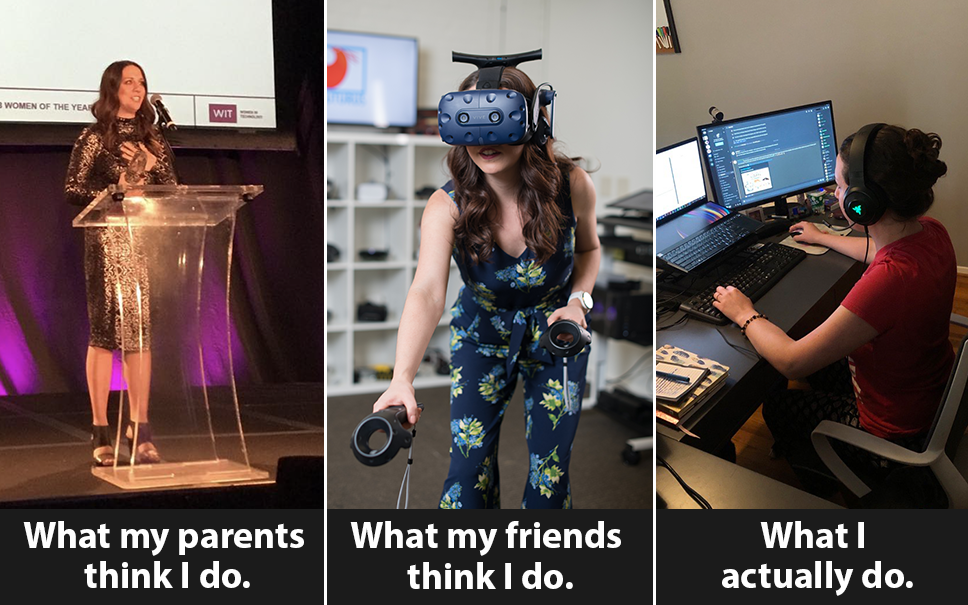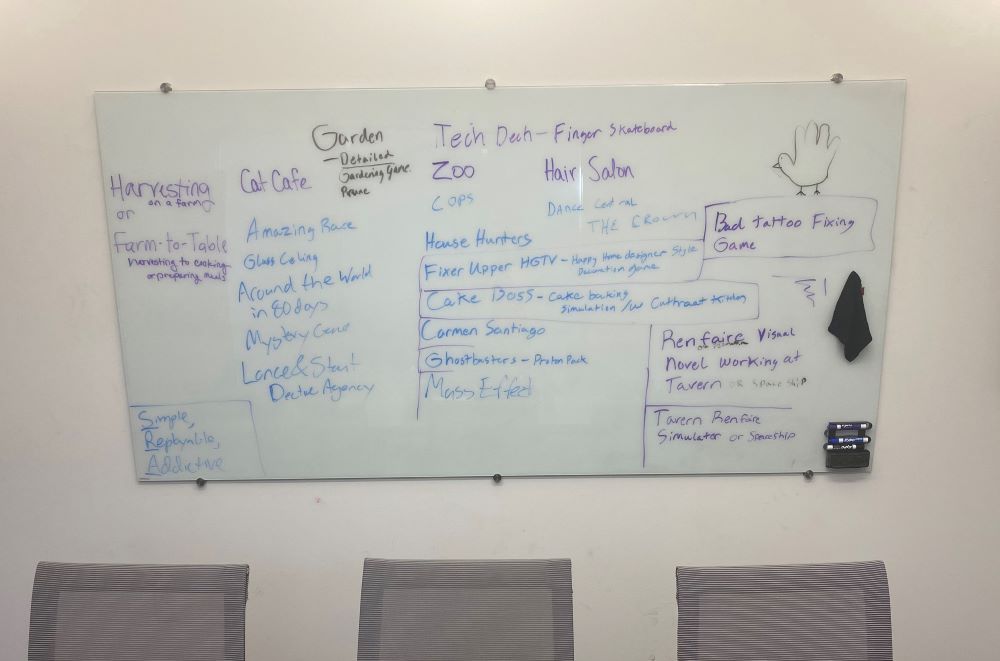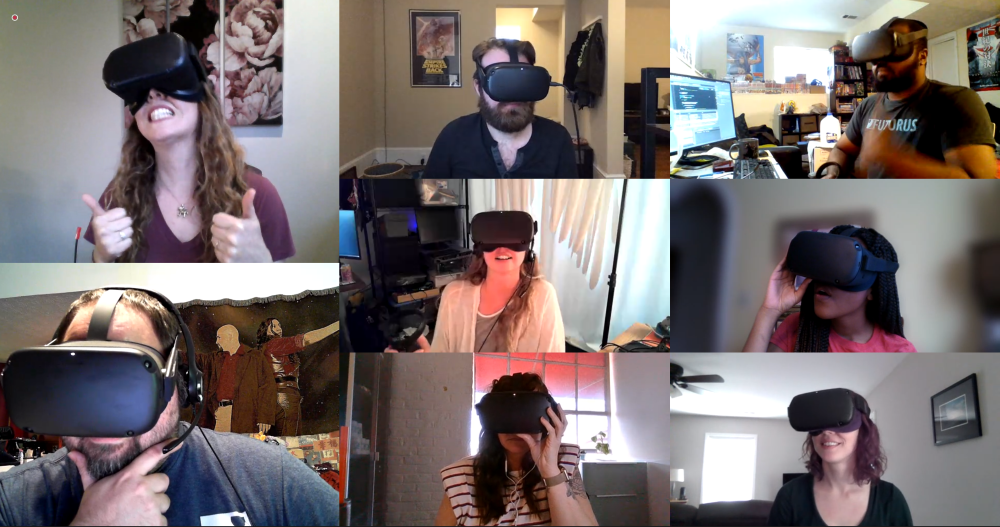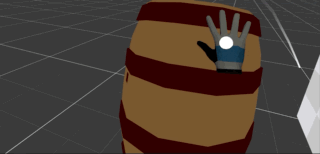LESSONS LEARNED AS A FIRST-TIME GAME PRODUCER (SO FAR…)

Written by Annie Eaton
I have been producing virtual and augmented reality experiences for clients for nearly seven years now. When we decided we wanted to launch a game studio, I knew it was going to be hard work, but with a solid track record in immersive technology production, I did not anticipate some of the challenges we have encountered along the way. Our first game is still a while from being fully released; however, I thought it was a good time to do a check-in and share some of my learnings with other first-time game producers – especially ones who are doing things independently.




By learning more about each other and our hidden strengths, it’s made us stronger as a team.
Plan, plan and plan some more.
The first thing I wish we had done was to start with a more defined plan. We do this for our clients, so why wouldn’t we do this for ourselves? I wanted to start the project with prototyping and creative freedom since we were in the middle of a pandemic, and it was good for morale. However, by not having a strong plan, in the beginning, we ended up spending too much time spinning our wheels and didn’t have a long-term vision other than a “gardening game.” Once we started designing and documenting before development, things started to run more smoothly and at a quicker pace.


The whiteboard after our first, and only, in-person meeting about the game. Nearly 100% of the game development has been done remotely.
Your timeline will be pushed back.
Our original launch date, looking back on it, was highly unrealistic. We were ambitious and excited, but due to the type of game we are producing (garden simulation), there were many elements that took more time than originally anticipated. We also allowed (controlled) scope creep to occur when we found something that HAD to be in the game. The team has gotten better at recognizing unnecessary launch features and understanding why we cannot add them in at this time. We also realized that we only have one chance to make a first impression as a game studio, and we would rather launch the right game at a later date than the wrong game early.
Remember your game is a business.
This is probably the #1 thing I need to remember when judgment gets clouded. Indie game development is full of passion, excitement, and personal opinions. But to sustain a studio, salaries, benefits, software licenses, hardware, etc., the business side of the game must take high priority. Just like any other project, the ultimate decision comes down to time, budget, effort, and quality. While that may knock the wind out of some peoples’ sails, it brings me comfort. It is a guiding force that helps me maintain focus and drive. If we execute this well as a business, we get to do more of it which is worth it (even when I have to be the bad guy).
Know everyone’s strengths.
I know my team well. Most of us have been together for years and have encountered quite a bit together, but I learned so much more about everyone throughout this process. In doing an independent internal production, it allowed us to branch out of our typical roles and take on new ones in a true all hands (and many hats) on deck situation. For example, I am the executive producer, but I am also a composer and have been using those skills to compose the background music for the game. A couple of people were required to step up into leadership positions, and those are strengths that were previously held inside as well. Others who were in development and marketing have stepped up to manage playtesting processes and sessions. Instead of just assigning roles, I have learned to ask if I have an opportunity if anyone is interested. By learning more about each other and our hidden strengths, it’s made us stronger as a team.


Viewing game scenes at the same time in VR.
Have a long-term goal, and then add more.
When we started development, our long-term goal was to release a game. Plain and simple, right? Wrong! The goalposts kept moving, sometimes narrowing and sometimes expanding, but that is 100% normal. We now have a series of goals that go from that first-time player experience to the third game update. By verbalizing our goals and sharing them with the team, we have more unity (hehe, no pun intended). Everyone shares the vision, has the power to contribute to the vision, and we work together to make it happen. I am happy our goalposts keep moving and evolving, but we also need to remember to look back on all that we have accomplished. And that brings me to my last lesson…


One of those pesky (but funny) bugs that we have since crushed.
Celebrate the wins and recognize progress.
This is something that we all have challenges with. We celebrate wins when they are obvious – someone completes a major task or crushes a pesky bug. But oftentimes, we forget all of the little things that add up over time. For years now, I have been doing a “list of good things” once per week where we write down at least 3 good things that happened. If I ever need a reminder of how far we have come, I look back on that list (which now goes back about three years) and get a jolt of energy. I highly recommend reminding yourself of all you have accomplished as well as verbalizing that to your team. It can go a long way and shows you’re paying attention.
This is just a shortlist of all I have learned so far, but I hope to publish an update upon the launch of Loam. Thank you all for your support in this process – it is not by any means easy, but it is one of the most rewarding professional endeavors I have tackled.



